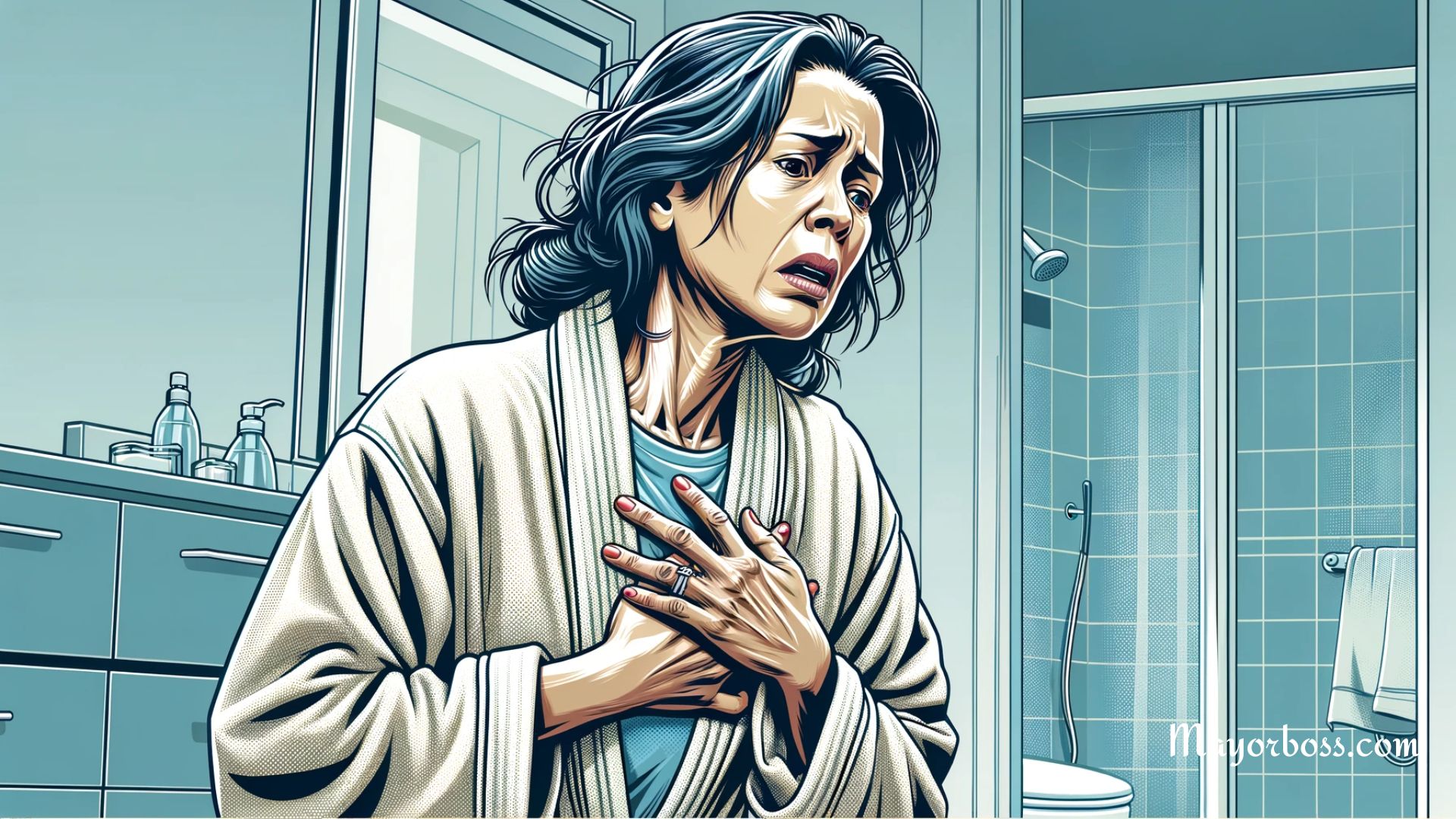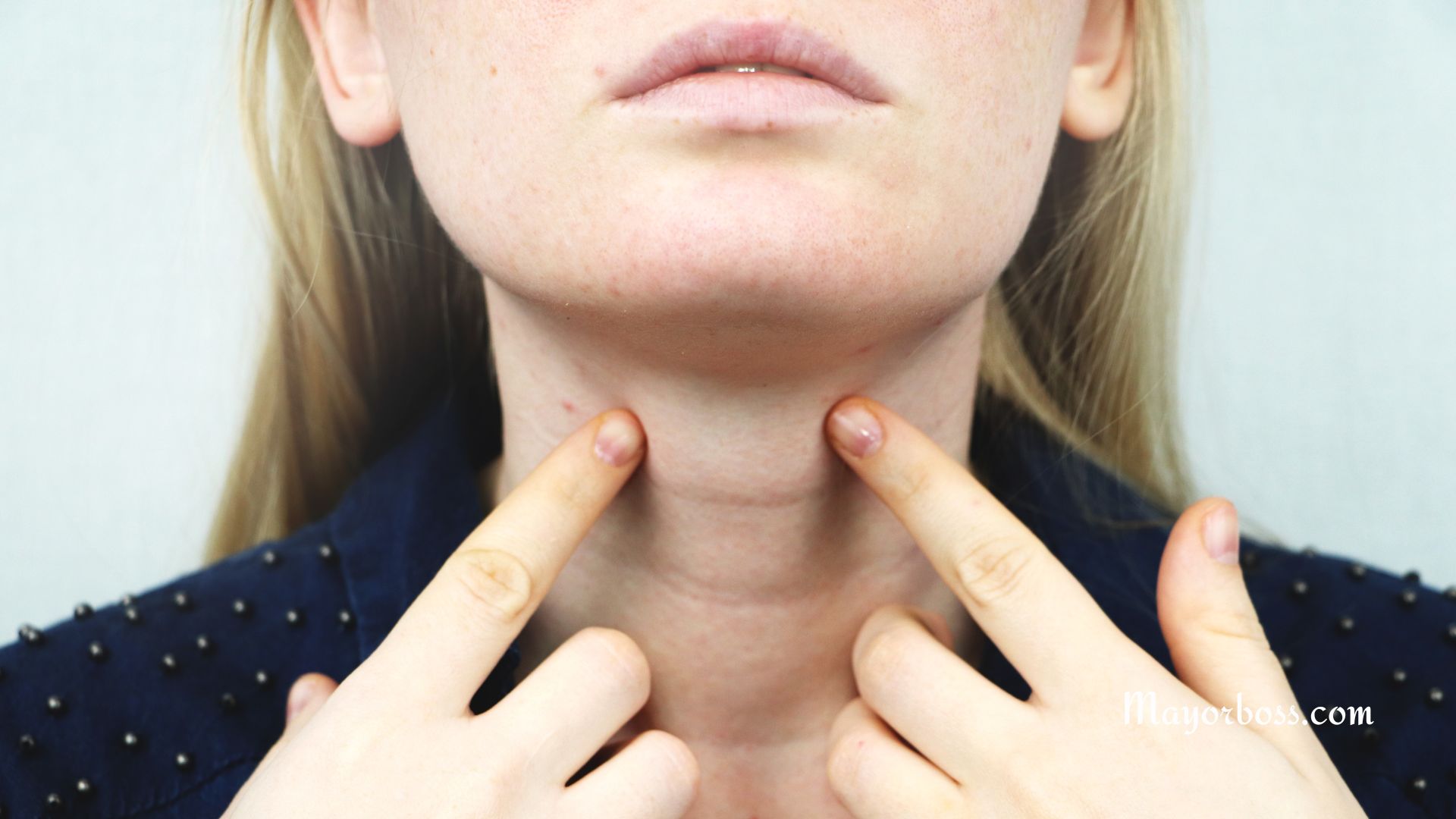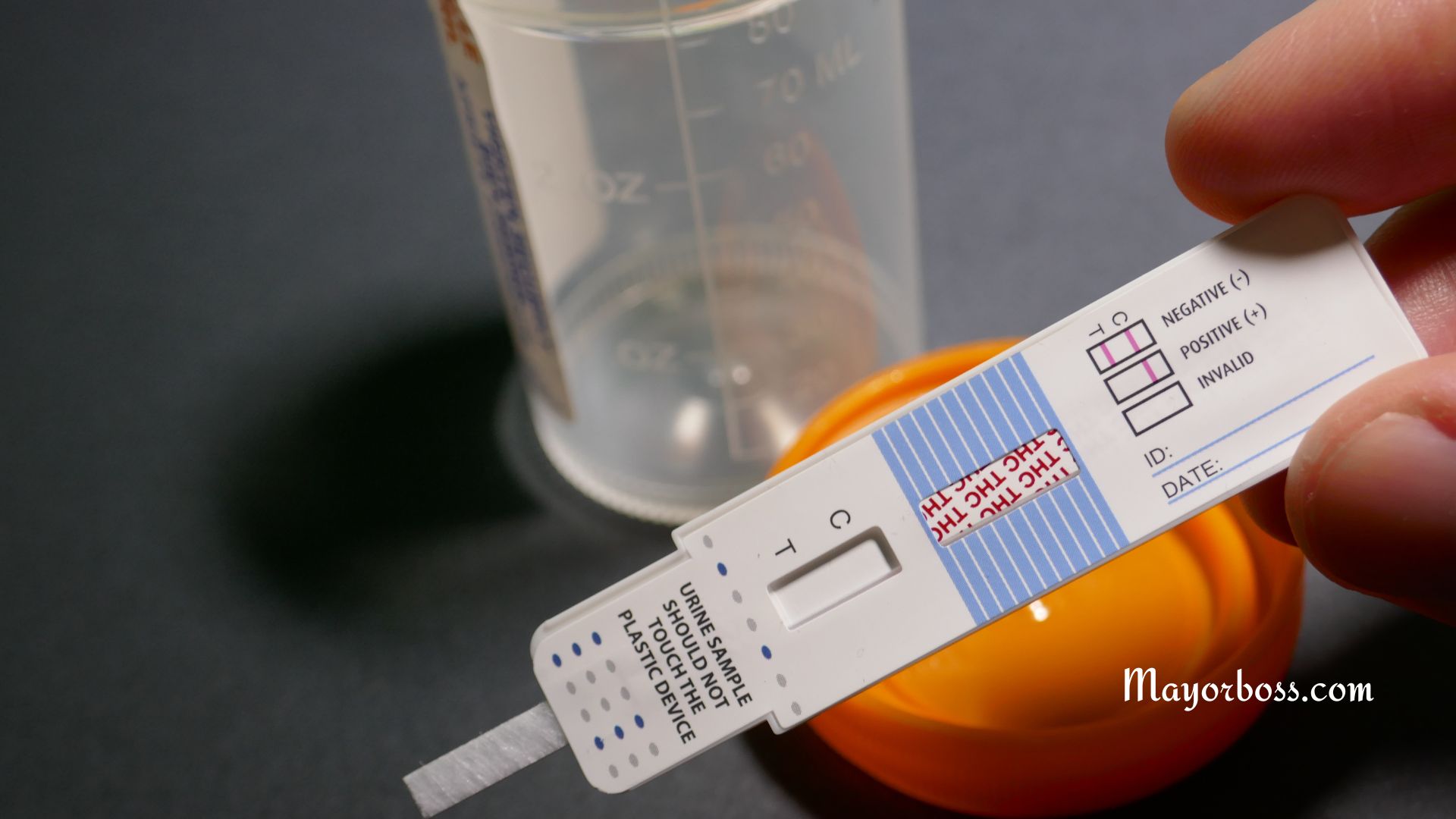Why Cardiac Arrests Occur in the Bathroom?
When you think about places in your home that might be unsafe, the bathroom is probably not the first spot that comes to mind. But did you know that cardiac arrests often happen in the bathroom? This commonplace in our homes can actually be a risky area for some people. This article discusses why cardiac arrests can happen in bathrooms and what you can do to stay safe.

Why Are Bathrooms Linked to Cardiac Arrests?
The bathroom is usually a place for grooming and relaxing, but it can also be a place where emergencies happen. Certain things about the bathroom make it risky, especially for people with heart problems or for those under physical stress. Here’s why this happens:
Straining While Using the Toilet Can Be Dangerous
One of the main reasons cardiac arrests happen in the bathroom is because of straining during a bowel movement. When someone tries hard to push, it activates something called the Valsalva maneuver, which increases pressure in the chest and reduces blood flow to the heart. This added stress can cause the heart to beat irregularly, especially in people with heart problems.
People who have chronic constipation or who spend a lot of time on the toilet are at higher risk. It’s important to talk to your doctor if you have ongoing constipation so you can reduce this risk.
Sudden Temperature Changes During Showering
The temperature in the bathroom can change quickly, especially when you step into a hot shower or bath. These quick changes in temperature can make your blood vessels widen or tighten rapidly, causing changes in blood pressure. These changes can put extra strain on the heart, which can lead to cardiac arrest for people with heart conditions.
For example, stepping out of a hot shower into a cold bathroom can shock the body and make the heart rate jump. This kind of stress can be dangerous for people with coronary artery disease or high blood pressure.
Slippery Floors and the Risk of Falling
Slippery floors in the bathroom are a big danger, especially for older adults. A fall can cause serious injuries and can even lead to cardiac arrest because of the shock or stress from the fall. The hard surfaces in bathrooms—like tiles and bathtubs—make injuries more likely if someone slips.
People with heart problems might also experience a sudden increase in heart rate from the fear of falling, which can sometimes trigger a cardiac event.
Hot Water Can Cause Blood Pressure to Drop
Taking a hot shower or bath can be relaxing, but for some people, the heat can make their blood vessels relax too much, which can cause a big drop in blood pressure. When blood pressure drops a lot, it can prevent the brain and heart from getting enough oxygen, which might lead to fainting or even cardiac arrest.
People with low blood pressure should be especially careful with hot showers and avoid staying in them too long to prevent sudden drops in blood pressure.
Medication Side Effects in the Bathroom
Many people keep their medications in the bathroom cabinet. Some of these medications, like blood pressure drugs or diuretics, can make you more likely to get dehydrated or have sudden drops in blood pressure. If someone takes these medications and then bathes without drinking enough water, they could feel dizzy or lightheaded—which can lead to falls and cardiac issues.
Also, standing up too quickly after sitting for a long time on the toilet or in the shower can cause orthostatic hypotension, which means a sudden drop in blood pressure. This can make you feel dizzy and possibly fall, which is dangerous for people with heart conditions.
Who Is at Greater Risk of Cardiac Arrest in the Bathroom?
Some people have a higher risk of having a cardiac arrest in the bathroom because of the stress and the bathroom environment. These people include:
- Older Adults: As people age, their risk for heart disease goes up. With less balance and muscle strength, older adults are more at risk for straining, temperature changes, and falls.
- People with Heart Disease: Those with heart conditions like coronary artery disease, arrhythmias, or heart failure are more likely to have cardiac arrest when stressed, like in the bathroom.
- People with High Blood Pressure: Sudden changes in blood pressure are more dangerous for people with high blood pressure, making cardiac events more likely.
- People with Constipation: Those with chronic constipation may strain more on the toilet, which increases their risk of a cardiac event.
How Can You Lower the Risk of Cardiac Arrest in the Bathroom?
The good news is there are things you can do to reduce the risk of cardiac arrest in the bathroom:
Avoid Straining on the Toilet
If constipation is a problem, talk to your doctor about ways to make bowel movements easier, like eating more fiber, drinking lots of water, or taking stool softeners. Avoiding too much straining can help lower the stress on your heart.
Control Temperature Changes When Bathing
Try to avoid big temperature changes in the bathroom. If you like hot showers or baths, ease into them slowly rather than getting in all at once. Keeping the bathroom door slightly open can also help avoid a big difference in air temperature when you get out of the shower.
Install Safety Features to Prevent Falls
Install grab bars in the shower and near the toilet. Use non-slip mats on the bathroom floor to help prevent slips. These features are especially helpful for older adults who may have more trouble keeping their balance.
Stand Up Slowly
Standing up too quickly can cause a sudden drop in blood pressure, especially for people taking certain medications or who are dehydrated. To avoid dizziness or fainting, make sure to stand up slowly after sitting for a while—whether on the toilet or in the shower.
Stay Hydrated
It’s important to drink enough water to keep your blood pressure stable and prevent dizziness. If you are planning to take a hot bath or shower, drinking a glass of water beforehand may help reduce the risk of dehydration and a sudden drop in blood pressure.
Talk to Your Doctor About Your Medication
Some medications can make you more likely to fall, get dehydrated, or have changes in blood pressure. If you’re worried about how your medication might affect you in the bathroom, talk to your doctor about how to manage these risks safely.
Final Thoughts
It might be surprising to learn that cardiac arrests can happen in the bathroom, but physical strain, sudden temperature changes, slippery floors, and medication side effects all add up to make it a high-risk place—especially for people with heart problems. Simple steps like managing water temperature, avoiding straining, and adding safety features can help improve safety significantly.
If you or someone you love ever experiences dizziness, chest pain, or other strange symptoms in the bathroom, it’s important to call a doctor right away. Being cautious can help keep the bathroom a safe space for everyone.






